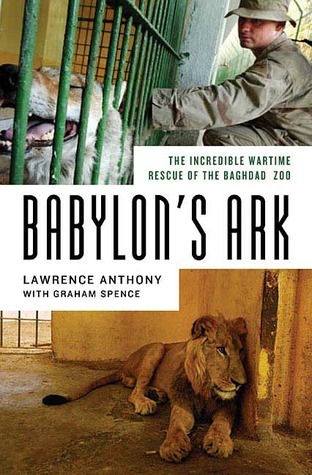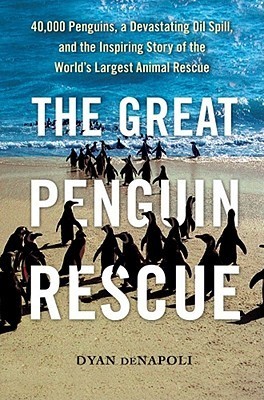
The Last Rhinos: My Battle to Save One of the World's Greatest Creatures
Book Description
In a world teetering on the brink of extinction, one man's relentless quest ignites a fierce battle to save the last majestic rhinos from the clutches of poachers and indifference. As Lawrence Anthony plunges into the heart of Africa's wild, he faces unimaginable challenges, forging unlikely alliances and confronting corporate greed, all while racing against time. Heart-pounding encounters with danger leave readers breathless as hope flickers amidst despair. Can one passionate voice spark a movement powerful enough to rewrite the fate of these incredible creatures? The fate of the rhinos hangs in the balance—will it be a tale of triumph or tragedy?
Quick Book Summary
In "The Last Rhinos," Lawrence Anthony recounts his daring mission to save the critically endangered northern white rhino from extinction. Delving into the heart of Africa, Anthony faces not only the threat of ruthless poachers and bureaucratic indifference, but also the challenge of forming alliances with warlords and political figures amid the chaos of the Democratic Republic of Congo. His memoir intricately intertwines personal risk with deep affection for wildlife, highlighting the complexities of conservation in a conflict-ridden region. Through his encounters with both human and animal adversaries, Anthony underscores the urgent need for global cooperation and persistent advocacy. This gripping narrative is both a testament to one man’s courage and a clarion call for the preservation of one of the planet’s greatest creatures.
Summary of Key Ideas
Table of Contents
The Moral Imperative of Conservation
Lawrence Anthony’s journey begins with a profound sense of responsibility to protect the northern white rhino, a species teetering on the brink of extinction. Witnessing firsthand the devastating impact of poaching and the global apathy threatening wildlife, Anthony frames the battle for rhino survival as not just a conservation issue, but a moral imperative. His dedication is deeply personal, driven by both a lifelong passion for Africa’s creatures and a desire to inspire global action before it’s too late.
Navigating Political Chaos and Conflict Zones
Venturing into the Democratic Republic of Congo, Anthony confronts formidable obstacles. The region’s political instability and violence make conservation efforts perilous. Negotiating fragile allegiances with local warlords, government officials, and rebels, Anthony navigates a labyrinth of danger and distrust. He reveals how the chaos and lawlessness of conflict zones exacerbate the threat to endangered species, while bureaucracy and corruption further hinder those striving to protect them.
Forging Unlikely Alliances for Wildlife Protection
Anthony’s mission hinges on the power of partnership—both expected and improbable. He forms alliances with game wardens, local villagers, and even rebel leaders, recognizing that sustainable solutions demand engagement with all stakeholders. Through candid dialogue, respect, and sometimes tough compromise, Anthony brings together people from disparate backgrounds, united by the shared goal of saving the rhinos.
The Human Cost of Saving Nature
The memoir graphically describes the immense human cost of conservation: Anthony and his team face threats to their lives, endure psychological strain, and witness harrowing scenes of violence and devastation. The narrative underscores that the fight for wildlife goes hand in hand with the struggle for human welfare in Africa, revealing interconnections between poverty, conflict, and environmental destruction.
Resilience and Hope Amidst Despair
Despite setbacks, Anthony’s experiences are suffused with hope and resilience. Small victories—protecting a calf, building trust with local communities, altering the attitudes of influential leaders—are celebrated as steps toward a larger triumph. Ultimately, the book is a stirring testament to the endurance of the human spirit and a passionate plea to heed the global urgency of protecting earth’s most vulnerable creatures before their story ends in silence.
Download This Summary
Get a free PDF of this summary instantly — no email required.





